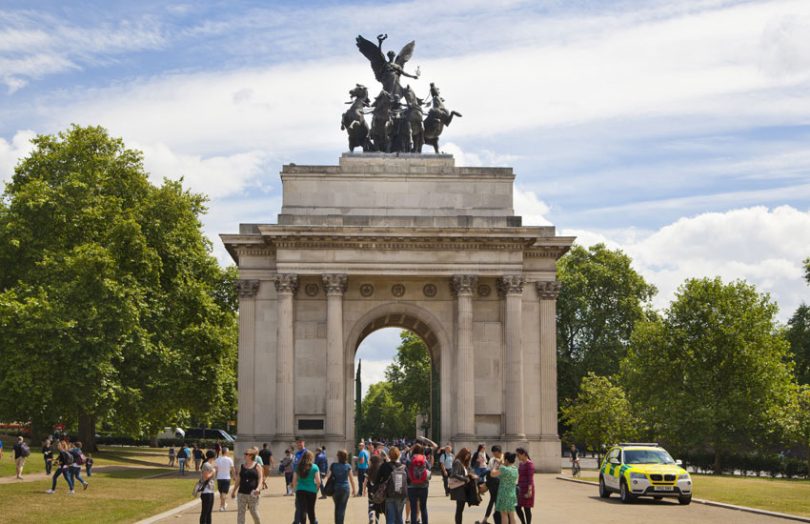Today, asset tokenization firm Liquefy said it partnered with a consortium of Gulf families on a tokenization project for $1 billion of real estate assets. In the first phase, the project will securitize an unnamed luxury hotel valued at $600 million in London’s Mayfair district.
The goal of real estate tokenization is to increase the liquidity of real estate properties. It also opens up the market for smaller investors. Meanwhile, blockchain can monitor and permanently store property transactions using smart contracts and cryptography.
We contacted Liquefy, but a spokesperson was unable to comment on the identity of the hotel to be put on its blockchain platform. A spokesperson for The Dorchester confirmed it was not its hotel.
It requires regulatory approval to tokenize the ownership of the hotel, and we understand the owner is currently going through that process.
In response to our question about why not delay the release until you could identify the hotel, the spokesperson explained the announcement was about their technology.
“The regulatory aspect is not up to us. We do not sell or distribute the hotels. It was simply to let the world know that a lot of assets are getting tokenized. We especially have a lot of partnerships with gulf families,” he said. “Investors and asset owners are looking to tokenize their assets.”
Blockchain for real estate
The goal of real estate tokenization is to increase the liquidity of real estate properties. Sales are faster. And depending on how it’s done, it opens up the market for smaller investors to own slices of a property. Meanwhile, blockchain can monitor and permanently store property transactions using smart contracts and cryptography.
Tokenization could have potentially avoided the corruption in the state-owned real estate company Deyaar. The CEO of the company was found guilty of embezzling about DHS 20 million ($54 million). The CEO used his position to bargain private deals with contracting companies. He also gave considerable discounts to some customers, giving them priority over others who were ready with cash to buy units at market value.
Earlier this year, Liquefy partnered with The Private Office of Sheikh Saeed bin Ahmed Al Maktoum and SEED Group to initiate security token projects in the country. In 2011 Forbes stated Maktoum, an investor in UAE enterprise blockchain, had a net worth of about $4.5 billion.
“As blockchain technology progresses we’re seeing accelerating interest in digital securities from the real estate sector. The deal sizes and pipeline has grown exponentially over the past year,” said Adrian Lai, CEO of Liquefy.
“We’re certain that there’s huge potential for technology to enable new business models in the real estate ecosystem that lower operational costs and increase liquidity,” he continued.
Liquefy said it is also working with Hong Kong’s real estate giant Stan Group, which represents the assets of “shop king” Tang Shing-bor.
Additionally, Liquefy’s tokenization platform can be used for other assets such as private company shares, art, collectables, closed-end funds, real estate and other valuable assets.
A few weeks ago, German real estate developer Bauwens said it invested in tokenization firm Fundament Group. This gives Fundament access to Bauwens’ €6.7 billion ($9.46 billion) worth of real estate projects in Germany.
In Korea, SK Securities is working with blockchain firm Kasa Korea for digital asset-backed securities.
Meanwhile, there are other blockchain projects active in Dubai. Last week, Burj Khalifa developer Emaar announced plans to launch a blockchain referral and loyalty token platform later this year.







